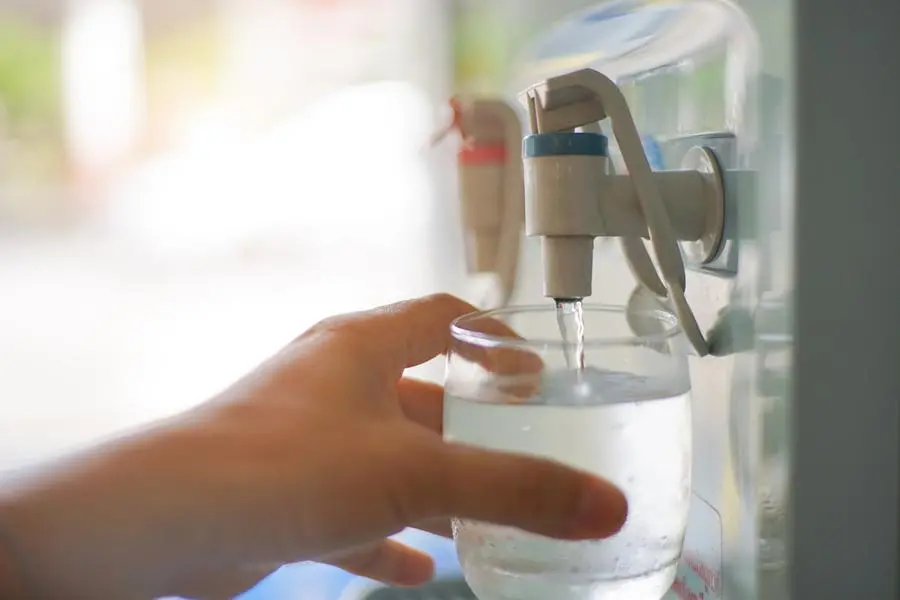PHOTO
ABU DHABI - Ahmed Al Kaabi, Assistant Undersecretary for Electricity, Water, and Future Energy Sector at the Ministry of Energy and Infrastructure (MoEI), highlighted that World Water Day is an opportunity to focus on sustainable water management. This edition, held under the theme' Water for Peace,' reflects on the vital role water plays in establishing peace and stability worldwide.
He said, "Water is a basic human need and a major factor in driving the process of sustainable growth. As for us in the UAE, water is one of the most important national priority issues, given our geographical location in an arid area, the scarcity of our natural water resources, and the high demand for water for development.
Al Kaabi added, "Socially and economically, we rely mainly on non-traditional sources to produce fresh water for drinking purposes and various uses, as the contribution rate of non-traditional water resources reached 53%, including water produced from seawater desalination and the reuse of treated wastewater within the water supply system."
The United Nations report on the 2030 Sustainable Development Goals agenda indicated that the UAE has achieved an average of 100% in safe drinking water and sanitation services. The country has also achieved a result of 79% in integrated water resources management, which is one of the best regional results.
"We seek to improve this result in the coming years by ensuring alignment and integration between the country's water, energy, environment, and food strategies," he noted.
Al Kaabi stated that the UAE seeks to reduce consumption through the National Energy and Water Demand Management Program 2050, support innovation in renewable energy, improve the environmental performance of power and water plants, and increase their efficiency.
As part of the UAE's efforts to strengthen the global water security system, the country has launched, through the Mohamed bin Zayed Water Initiative, the XPRIZE Water Scarcity competition, a five-year global competition that aims to encourage innovators around the world to focus on transforming the reliability, affordability and sustainability of water desalination technologies. The outcome is expected to touch the lives of billions of people worldwide, ensuring their access to clean water.
In addition, the Ministry of Energy and Infrastructure joined forces with the Environment Agency – Abu Dhabi (EAD) to launch the first hydrogeological map and geo-database of the UAE, a milestone achievement in documenting and managing water sources with the goal of sustaining and conserving water.
Al Kaabi emphasised that the UAE has 140 plants to treat wastewater in addition to plants owned by the private sector. The total design capacity of wastewater treatment plants nationwide is 3 million m3/day, and the total production of treated wastewater reached 768 million m3/year. Around 73% of the treated water is reused mainly for irrigation of green spaces in cities.
Esraa Esmail





















